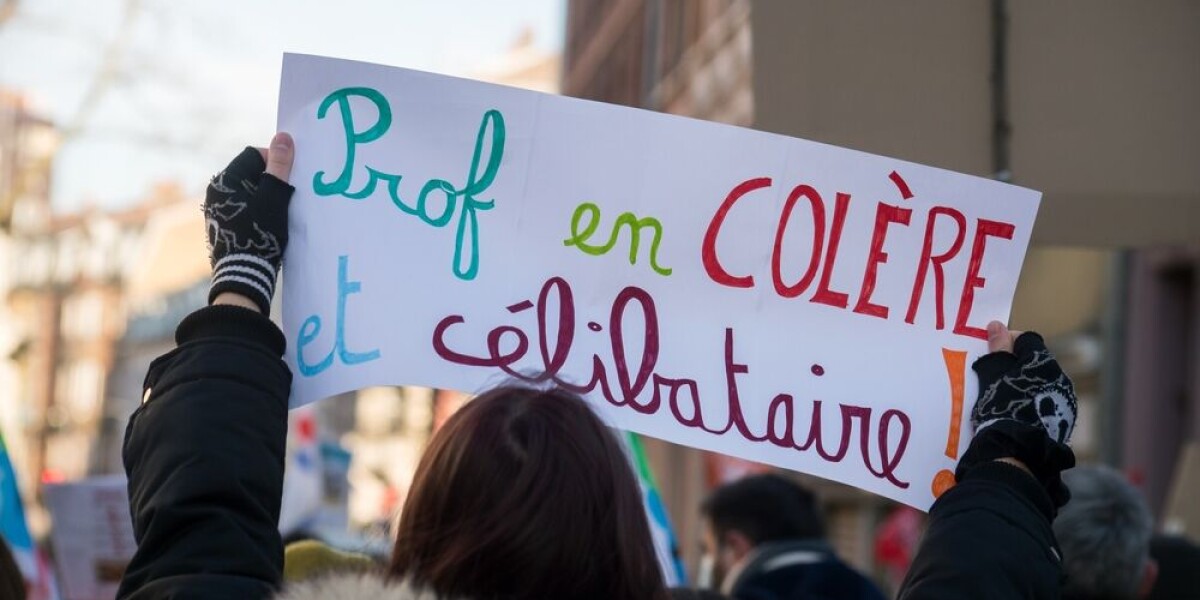
- Select a language for the TTS:
- UK English Female
- UK English Male
- US English Female
- US English Male
- Australian Female
- Australian Male
- Language selected: (auto detect) - EN
Play all audios:
THINK PINC: SECURING BRAZIL’S FOOD, WATER AND ENERGY WITH PROACTIVE INVESTMENT IN NATURAL CAPITAL CONTENTS * Abstract * Citation * Links ABSTRACT The challenge facing society is to find the
optimal balance between using land to produce agricultural commodities to meet growing domestic and global demand and keeping resilient ecosystems capable of supplying a diverse suite of
goods and services in the face of climate change. This balance can be found if governments and businesses think PINC. PINC stands for Proactive Investment in Natural Capital. It means
investing in activities that maintain natural capital across landscapes. It also means being proactive, investing sooner rather than later in order to build the resilience of landscapes -
and the people that inhabit them - to global climate change. Nowhere is PINC more relevant than in Brazil, a country that is not only a biodiversity superpower thanks to unique habitats such
as the Cerrado, Atlantic Forest and Amazonia, but is also rapidly becoming an economic superpower, including through the export of commodities such as beef and soy produced from its
abundant natural capital. At the same time, droughts and floods across the country have highlighted the potential for the degradation of natural capital and climate change to impact people’s
security. As the world’s population continues to rise, the global demand for food could double by 2050. Rapidly emerging economies such as Brazil are seeking to meet this demand through
increasing agricultural production. Brazil will need to find 1.1 m hectares of land each year for the next three decades in order to meet the projected increase in production. A continuation
of the historical development paradigm would mean the conversion of forests and savannahs to meet this need for land. However, converting forests to pasture and agriculture will aggravate
the impacts of climate change and ‘business as- usual’ development is not seen by the Brazilian Government as being compatible with its aim of a low-carbon growth strategy. So, an
alternative PINC approach is needed. Three landscape-level strategies can help Brazil to meet the on-going demand for land while conserving forests: 1. STOP deforestation; 2. INTENSIFY
cattle ranching; and 3. RESTORE forests. CITATION Trivedi, M.; Mitchell, A.; Ortiz, R.; Costa, D.; Oakes, N.; Ometto, J.P.; Meneses-Filho, L.; Strassburg, B.; Seroa da Motta, R.; Guedes
Pinto, L.F.; Hall, A. Think PINC: Securing Brazil’s food, water and energy with Proactive Investment in Natural Capital. British Embassy, Brasilia, Brazil (2012) 21 pp. [Global
Canopy Programme Report] Available in English and Portugese LINKS * PENSE_PINC-pt.pdf * THINK_PINC.pdf UPDATES TO THIS PAGE Published 1 January 2012 Contents





